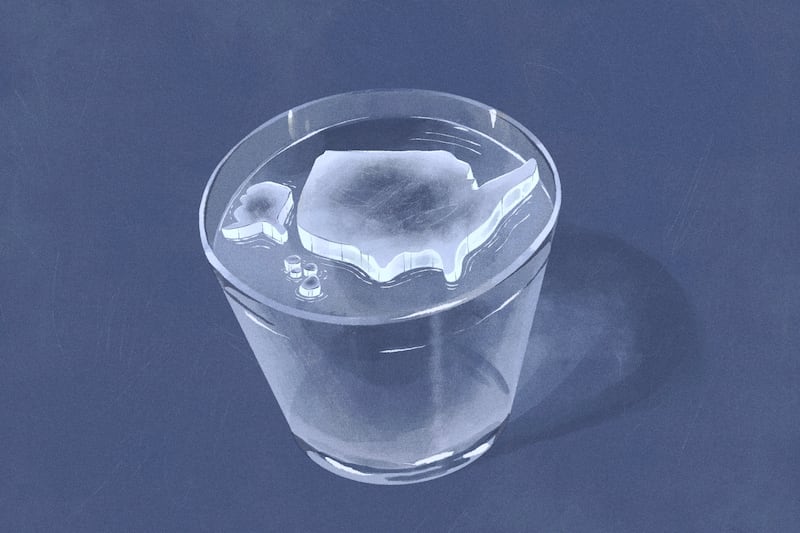I love America. I rarely make it through the Pledge of Allegiance without choking up. I can’t sing “God Bless America” without my heart swelling with emotion. I love the ideals upon which our nation was founded — ideals of liberty, equality and justice for all.
I consider myself a proud patriot. The United States of America is extraordinary in so many ways — the beauty and variety of her landscapes; her devotion to democracy; her strong, resilient economy; the admirable work ethic and generosity of her citizens; her remarkable, inspired governing document. I love America.
In fact, my love for America is so strong that at one point in my life I allowed myself to be manipulated by ideologies that present themselves as patriotic but are, in fact, insidious counterfeits of true patriotism. Nationalism is one of these ideologies.
Patriotism is defined as devotion to one’s country or homeland, but it doesn’t assert that one’s country is better than all other countries. Nationalism, on the other hand, exalts one’s country above all others and insists that its interests must be privileged over the interests of all other nations. And it often goes beyond even that. Charles de Gaulle, who led France against Nazi Germany during World War II, stated that nationalism is “when hate for people other than your own comes first.”
Nationalism is sometimes described as patriotism on steroids, but that’s not quite right. Nationalism is a perversion of patriotism. It is patriotism gone tragically awry. Adolf Hitler’s rise in Nazi Germany was accomplished by appealing to patriotism and then perverting it into nationalism.
Patriotism inspires unity and cooperation; nationalism divides and isolates. Patriotism celebrates diversity; nationalism is threatened by it. Patriotism engenders charity and optimism; nationalism fosters fear.
A patriot recognizes both the strengths and shortcomings of his or her country, and is eager to work hard to make it better. A nationalist turns a blind eye to his country’s failings and views any mention of mistakes or weaknesses as disloyalty or an attempt to undermine allegiance. Patriots acknowledge nuance; nationalists see only black and white. Patriots yearn for and work toward the aspirational ideal so beautifully expressed in our Pledge of Allegiance — that America may truly become “one nation, under God, with liberty and justice for all.” Nationalists are more concerned about safeguarding their own privileges.
Loving one’s homeland as a patriot is much like loving one’s own family. You treasure it, warts and all, and feel gratitude and absolute loyalty, but you clearly see that it’s not perfect, and you do whatever you can to make things better for every member. You also recognize and honor the equal preciousness of other families.
I love America. I also love my children. More than anything in this world. But I don’t think that they are better than other children. I don’t feel a need to declare their superiority or to insist that they be first. In fact, I think doing so would be fundamentally wrong. My faith teaches me that we’re all children of God, fellow passengers on this fragile planet, sisters and brothers, all, no matter who we are or where we live, and that “all are alike unto God.”
So, yes, God bless America! But also, God please bless Ukraine and Nigeria and Haiti and Spain and Uruguay and the Philippines and Mexico and Syria and El Salvador and ...
Sharlee Mullins Glenn is an author, advocate and patriot. She currently sits on the external advisory board of Brigham Young University’s Office of Civic Engagement and volunteers for a number of civic and humanitarian organizations.


